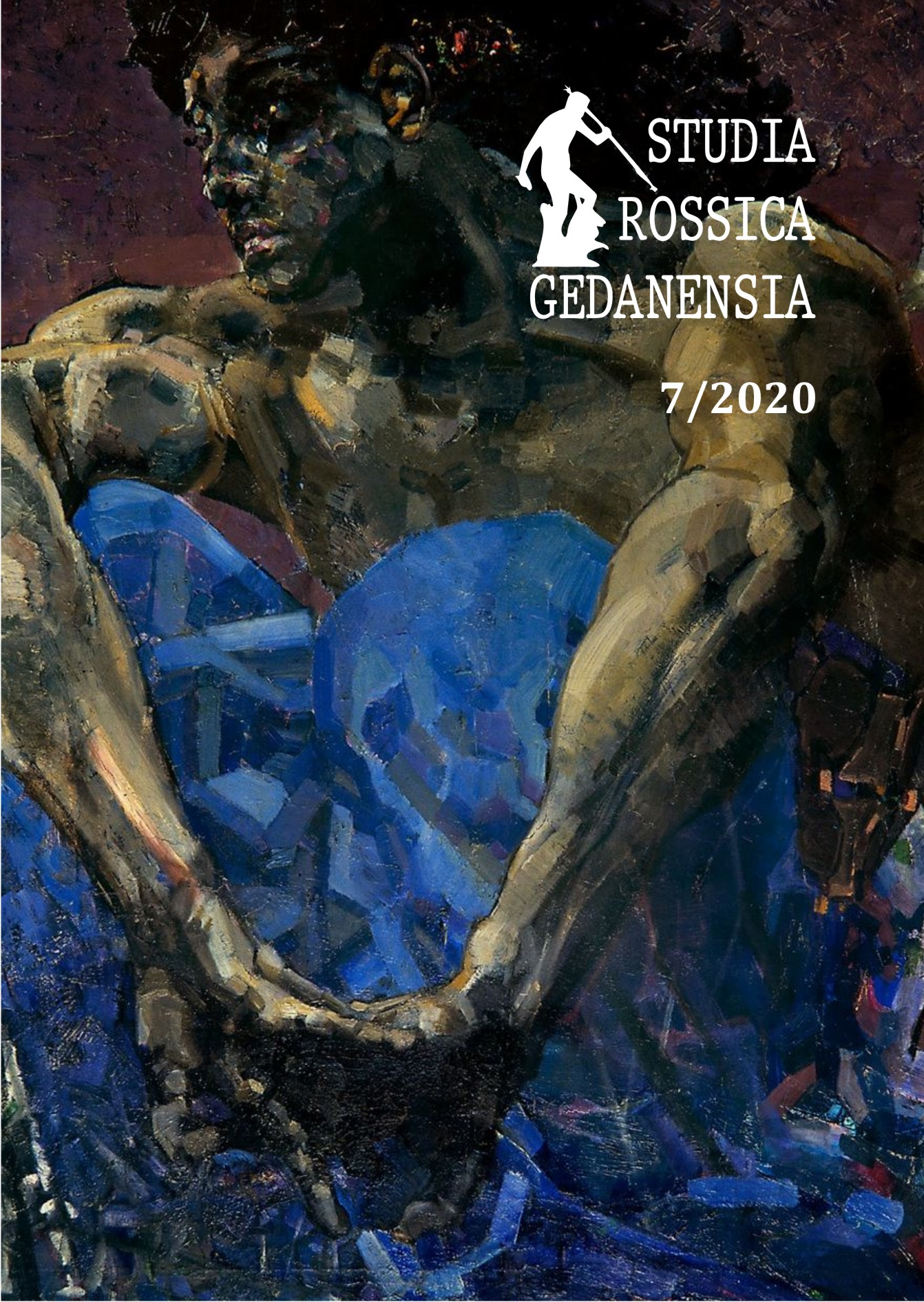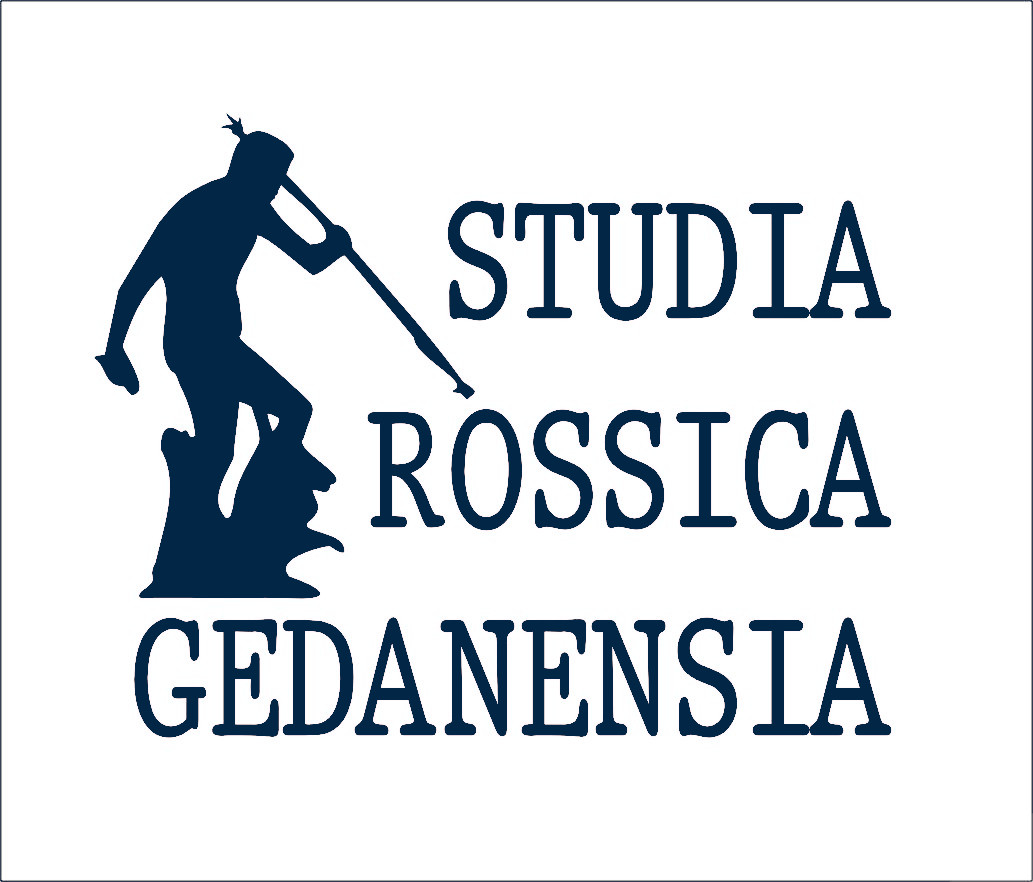Elegia (?) dla kanonu: [Rec.:] Harold Bloom, „Zachodni kanon. Książki i szkoła wieków”. Przeł. Bohdan Baran i Michał Szczubiałka (Warszawa: Wydawnictwo Aletheia, 2019, ss. 643)
Słowa kluczowe:
Harold Bloom, kanon literacki, komparatystyka literacka, Szekspir, recenzjaAbstrakt
Artykuł zawiera omówienie książki Harolda Blooma Zachodni kanon. Książki i szkoła wieków (1994), wydanej w przekładzie polskim Bohdana Barana i Michała Szczubiałka w 2019 roku (Wydawnictwo Aletheia, 643 ss.). Książka zostaje przedstawiona w kontekście wcześniejszych teorii Blooma z zakresu komparatystyki literackiej, zawiera podstawowe informacje o ich znajomości przez polskich czytelników (Lęk przed wpływem… i in.). W artykule zostaje omówiona struktura książki: część pierwsza i ostatnia mieszczą rozważania teoretyczne na temat kanonu literackiego zatytułowane Elegia dla kanonu i Elegijna konkluzja, część środkową stanowi omówienie 26 pisarzy światowych, uznawanych przez Blooma za reprezentujących ścisły kanon literacki; książka jest zaopatrzona w aneks zawierający spis nazwisk pisarzy z „pełnego” kanonu literackiego z podziałem na epoki i kraje (Epoka teokratyczna, Epoka arystokratyczna, Epoka demokratyczna, Epoka chaotyczna: Proroctwo kanoniczności). W centrum kanonu Bloom umieszcza Williama Szekspira. Literaturę rosyjską w „ścisłym” kanonie reprezentuje Lew Tołstoj. Bloom ocenia pisarzy z punktu widzenia uniwersalności wymowy ich dzieł oraz stopnia oryginalności, której miarą jest inność i nowatorstwo w porównaniu z poprzednikami.
Downloads
Bibliografia
Bloom, M. (1994). The Western Canon. The Books and School of the Ages. New York–San Diego–London: Harcourt Brace & Company.
Bloom, H. (2002). Lęk przed wpływem. Teoria poezji. Przeł. A. Bielik-Robson. Kraków: Universitas.
Bloom, H. (2019). Zachodni kanon. Książki i szkoła wieków. Przeł. B. Baran i M. Szczubiałka. Warszawa: Wydawnictwo Aletheia.
Dąbrowska, M. (2013). Nauczanie literatury rosyjskiej X–XVIII wieku na studiach rusycystycznych w grupach bez znajomości języka rosyjskiego. Języki obce w szkole, 2: 32–39.
Dąbrowska, M. (2016a). Długie trwanie. O kanonie literackim (wokół literatury rosyjskiej). Komunikacja Specjalistyczna, 12: 77–86.
Dąbrowska, M. (2016b). Kanon lektur na studiach rusycystycznych. Propozycje w odniesieniu do literatury epok dawnych. Roczniki Humanistyczne, LXIV, z. 7: 81–93. Literatura na świecie… (2003): Literatura na świecie, 9/10.
Loriggio, F. (2010). Pamięć dyscypliny jako historia kulturowa: komparatystyka, globalizacja i kategorie badań literackich. Przeł. A. Sterczyńska. W: Bilczewski, T. (Red.) Niewspółmierność. Perspektywy nowoczesnej komparatystyki. Antologia. Kraków: Wydawnictwo Uniwersytetu Jagiellońskiego: 277–315.
Nycz, R. (1993). O kanonie, klasykach i arcydziełach. Teksty Drugie, 3: 1–4.
Wichrowska, E. (2012). Avant-propos. W: Wichrowska, E. (Red.) Europejski kanon literacki. Warszawa: Wydawnictwa Uniwersytetu Warszawskiego: 11–18.

 Uniwersyteckie Czasopisma Naukowe
Uniwersyteckie Czasopisma Naukowe



_(1).png)





